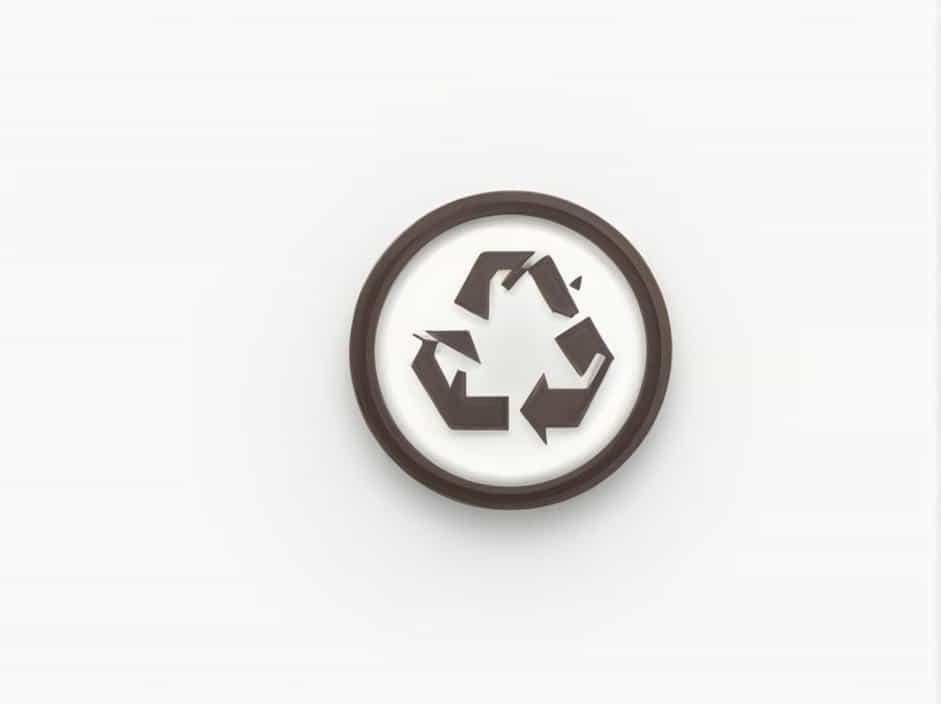Perfection is an illusion. No matter how hard we try, we are all permanently and inevitably flawed. Society often pushes unrealistic standards, making us believe that we must be flawless to be worthy. However, our imperfections are what make us unique, relatable, and truly human.
This topic explores why embracing imperfection is essential for personal growth, self-acceptance, and happiness. Instead of striving for an unattainable ideal, we should learn to value our flaws as part of our journey.
The Myth of Perfection
1. Why Perfection is Impossible
Perfection is a concept that exists only in theory. Every human being has weaknesses, makes mistakes, and experiences failure. No matter how much we refine our skills or appearance, there will always be areas where we fall short. Understanding this truth allows us to shift our focus from unrealistic expectations to meaningful self-improvement.
2. The Pressure of Social Media and Society
In today’s digital age, social media presents a filtered version of reality. People post their best moments, carefully edited photos, and curated lifestyles, creating an illusion of perfection. This leads to unnecessary comparisons and self-doubt. However, behind every flawless picture is a person who faces struggles, insecurities, and setbacks—just like everyone else.
Why Imperfection is Beautiful
1. Imperfections Make You Unique
If everyone were perfect, there would be no diversity. Our quirks, struggles, and failures define who we are. Whether it’s a physical trait, a personality flaw, or a past mistake, these imperfections shape our character and make us stand out.
2. Growth Comes from Mistakes
Failure is an essential part of learning. Every mistake teaches us a lesson and helps us grow stronger. If we never experienced failure, we would never have the opportunity to improve. Instead of fearing imperfection, we should see it as a chance for self-development.
3. Authenticity is More Valuable Than Perfection
People are drawn to authenticity. Flaws make us more relatable and genuine. Trying to appear perfect can create a barrier between us and others, while embracing our true selves fosters deeper connections and trust.
How to Accept Your Flaws
1. Shift Your Mindset
Instead of seeing flaws as weaknesses, reframe them as part of your uniqueness. For example, if you struggle with anxiety, recognize that it also makes you empathetic and aware. If you’re not the best at public speaking, focus on your strengths in one-on-one communication.
2. Stop Comparing Yourself to Others
Comparison is the enemy of self-acceptance. Remember that everyone has their own struggles, even if they don’t show them. Focus on your own progress rather than measuring yourself against unrealistic standards.
3. Practice Self-Compassion
Treat yourself with the same kindness you would offer a friend. Acknowledge that you are doing your best and that making mistakes is a normal part of life. Self-compassion leads to better mental health and resilience.
4. Surround Yourself with Supportive People
Being around those who accept and appreciate you for who you are makes self-acceptance easier. Seek out friends, family, or communities that celebrate authenticity rather than perfection.
The Power of Imperfection in Success
Many successful people have embraced their imperfections and turned them into strengths.
- Albert Einstein struggled in traditional schooling but went on to become one of the greatest scientists of all time.
- Oprah Winfrey faced numerous rejections and setbacks before becoming an influential media icon.
- J.K. Rowling was rejected multiple times before Harry Potter became a worldwide phenomenon.
These examples show that flaws do not prevent success; they can be stepping stones to greatness.
You are imperfect, permanently and inevitably flawed—and that is a beautiful thing. Instead of chasing an impossible standard of perfection, embrace your unique qualities, learn from your mistakes, and be proud of who you are. True happiness comes not from being flawless but from accepting and loving yourself as you are.
Imperfection is not a weakness; it is what makes you human.
